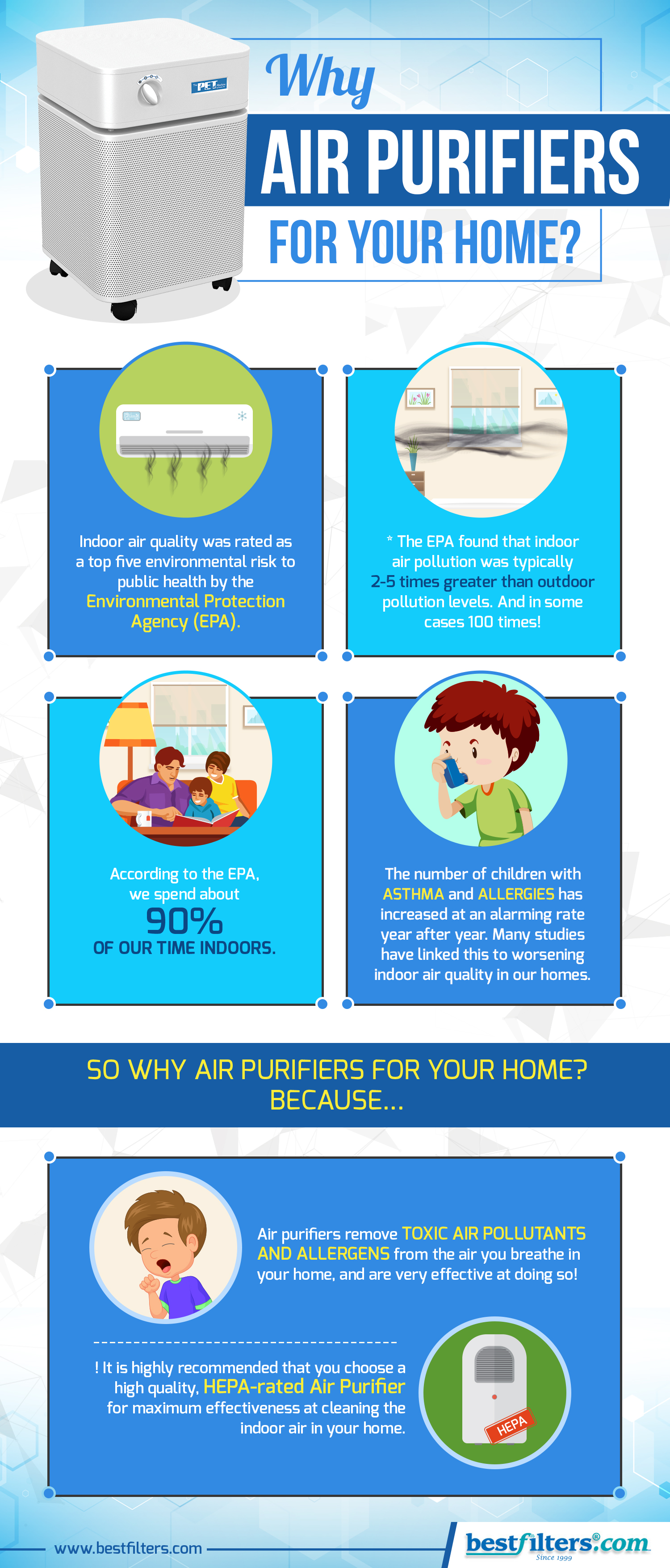Checking Out The Environmental Benefits Of Heat Pumps - A Lasting Heating Solution
Checking Out The Environmental Benefits Of Heat Pumps - A Lasting Heating Solution
Blog Article
Personnel Author-Cox Burgess
In an era where sustainability and power performance are vital, many services look for green heating remedies. One such option is the heat pump.
A heatpump extracts the warmth in its environments and pumps it right into your home, causing one of the most efficient green central heater around. This process additionally generates absolutely no greenhouse gas exhausts, making it a very lasting modern technology.
Energy Efficiency
Heatpump are extremely power effective and need little upkeep. They use less power than other furnace and are by far one of the most environmentally friendly. They work well with roof solar and can typically spend for themselves in energy cost savings alone.
They can likewise offer air conditioning, which is great for garage workshops, attic hangouts and benefit spaces, and home enhancements without extending the existing ductwork. They can even be used for retrofits in existing homes with hydronic (water-based) distribution systems such as low temperature radiators or glowing floorings.
Try to find versions with SEER and HSPF rankings that meet or go beyond copyright's minimum standards, as well as the standards in your area. Higher ratings suggest better efficiency, which conserves you money in the long run and minimizes your carbon footprint. You might even get approved for discounts and rewards! The best units are those with a ground warm exchanger for added effectiveness. These units can take in thermal power from the ground during the winter season and extract it in the summer season.
Minimized Greenhouse Gas Emissions
Heat pumps run on electrical power and essentially transfer warm from the air, even when it's cold exterior. They have the ability to draw out the free heat caught in air particles and move them indoors, decreasing humidity while doing so.
Compared to gas heating systems, modern-day heatpump use less than one kilowatt of electricity per kilowatt of heating power they generate. This makes them the most power effective heating alternative readily available with a POLICE (Coefficient of Efficiency) of 4 or more. By reducing the need for fossil fuels, heat pumps help reduce greenhouse gas exhausts and reduce other significant air toxins.
Building decarbonization is a worldwide essential, and the heating and cooling market is a vital chauffeur of that procedure. Whether it's investor making net no commitments, plan makers setting discharges restrictions, or lessees demanding greener rooms, electrical heat pumps are being identified as a vital option. https://docs.google.com/spreadsheets/d/1M4QoRQBniATnnSlfIthVFhYczUgYJf4lKxw942n_dzQ/edit?gid=578814448#gid=578814448 are a cost-efficient way to decrease carbon emissions by getting rid of the demand for fossil fuels in buildings.
Flexibility
Heat pumps can be made use of in numerous kinds of homes and structures-- with or without air ducts. https://thhcdev.github.io/mgyb-thug/dc-installation-services.html deal with hot-water radiators, air-conditioning and programmable thermostats. They can change furnaces or be set up in brand-new houses. They can operate on photovoltaic panels, geothermal systems or even district heating sources like wastewater.
They're fantastic at providing more warm per power system. As an example, an air-source heatpump generates approximately 3 or even more home heating units from each electrical energy device it takes in.
Getting one of the most from your heatpump will depend upon your climate zone and quality of insulation. Search for designs with power celebrity scores and contrast their SEER or HSPF specifications. In warmer climates, focus on SEER; in cooler areas, consider a system with a higher HSPF rating. On top of that, buy air sealing and insulation to lower the lots on your heat pump. That will certainly improve energy efficiency and aid you reach your Net No goals faster.
Biomass Boilers
Biomass boilers make use of wood pellets, chips or logs to develop warmth and warm water. They are a great selection for off-grid residential properties or those who intend to leave the gas grid.
As a standalone furnace, biomass can give adequate power to maintain your home warm all year round without the normal heat drop off of various other eco-friendly innovations. They can additionally be made use of in conjunction with photovoltaic panels to increase cost savings and benefit from RHI settlements.
https://thereader.com/best-of-omaha/eyman-plumbing-heating-and-air-offers-clean-air-solutions-for-your-home of these systems is the upfront expense and routine fuel shipments. Typically, pellets will certainly need to be blown right into a gas store using a vacuum system or they can be by hand fed right into the central heating boiler with a receptacle. Logs are normally self-sourced from neighboring forest or purchased in bulk. As well as this, they call for hands-on loading and may need cleansing on a regular basis.